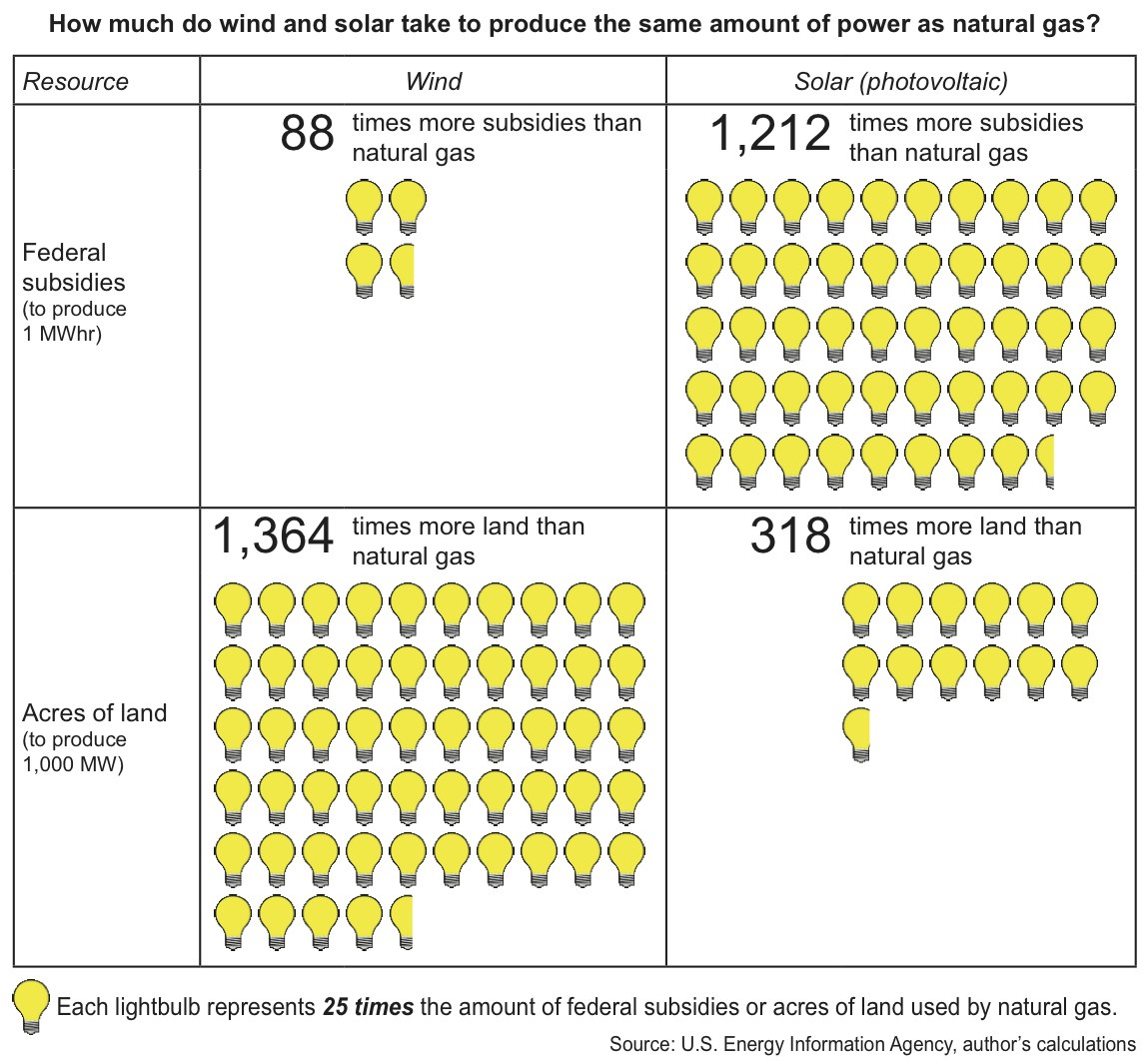Triangle Business Journal reports on a “five-year $10 million U.S. Department of Energy grant” (i.e., something no elected representative of the people voted on and over which no public referendum was held) for a proposed program in Raleigh that it would help people get rooftop solar installation. The report includes the following quote (emphasis added):
“Democratizing solar energy in our community not only makes renewable energy more accessible to the general public, it also creates an innovative model for reducing the cost of clean energy,” says Evelyn Contre, managing director of Springleaf Strategies, a Triangle-based sustainability consulting firm. “Solar energy has mainstream appeal, and this kind of program allows our community to demonstrate how great the demand is for clean energy.”
Democratizing solar energy? Why did the reporter include a quotation so far off topic? The report is about another infusion of green cronyism coming to Raleigh.
After all, if a measure of democracy were present, then people would be able to choose solar and any other energy source by themselves, without hosts of subsidies and with arrangements to buy and sell without the state utility monopoly. Apart from third-party sales, there has been nothing out of the solar industry in North Carolina to suggest that it wants anything to do with the kind of “democracy” that involves people freely voting with their wallets. To hear them tell it, solar is a powerhouse industry that would collapse like the Tacoma Narrows Bridge if any state support were removed.
You can hear echoes of that same justification here. “Solar energy has mainstream appeal” — it clearly does not. Basketball has mainstream appeal. Fast food has mainstream appeal. iPhones have mainstream appeal. Solar only gets some people’s interest if they can succeed in forcing other people to pay for it. That’s “how great the demand is.”
A freer market for energy in North Carolina would, however, allow solar to test its appeal. And under that scenario, so what if it lacked mainstream appeal? Most people would prefer electricity at the flip of a switch to be as cheap and efficiently delivered as possible, without any subsidies raising their rates or taxes artificially. Take away the subsidies and the artificial hikes, and let solar compete with the other energy sources on an even playing field. And let consumers choose as they prefer.



